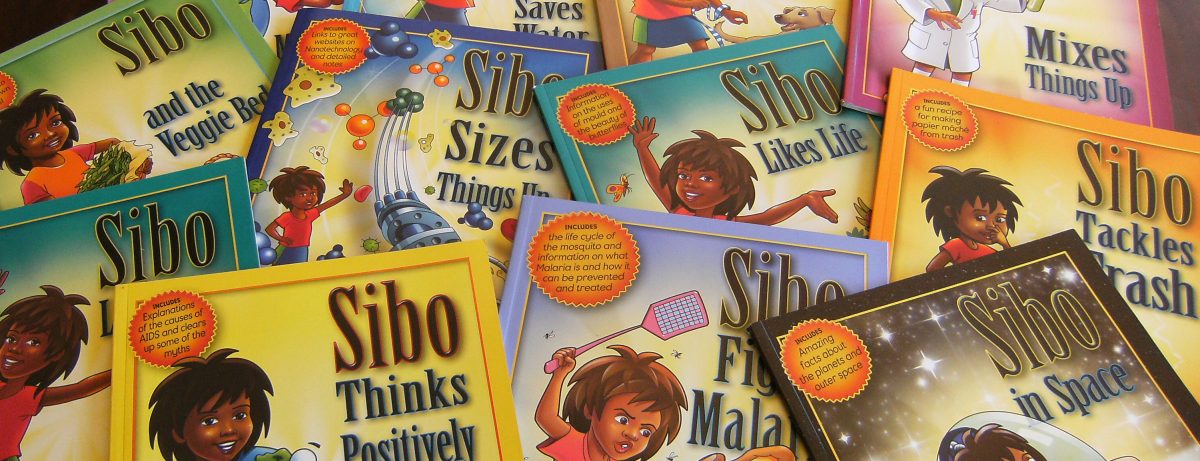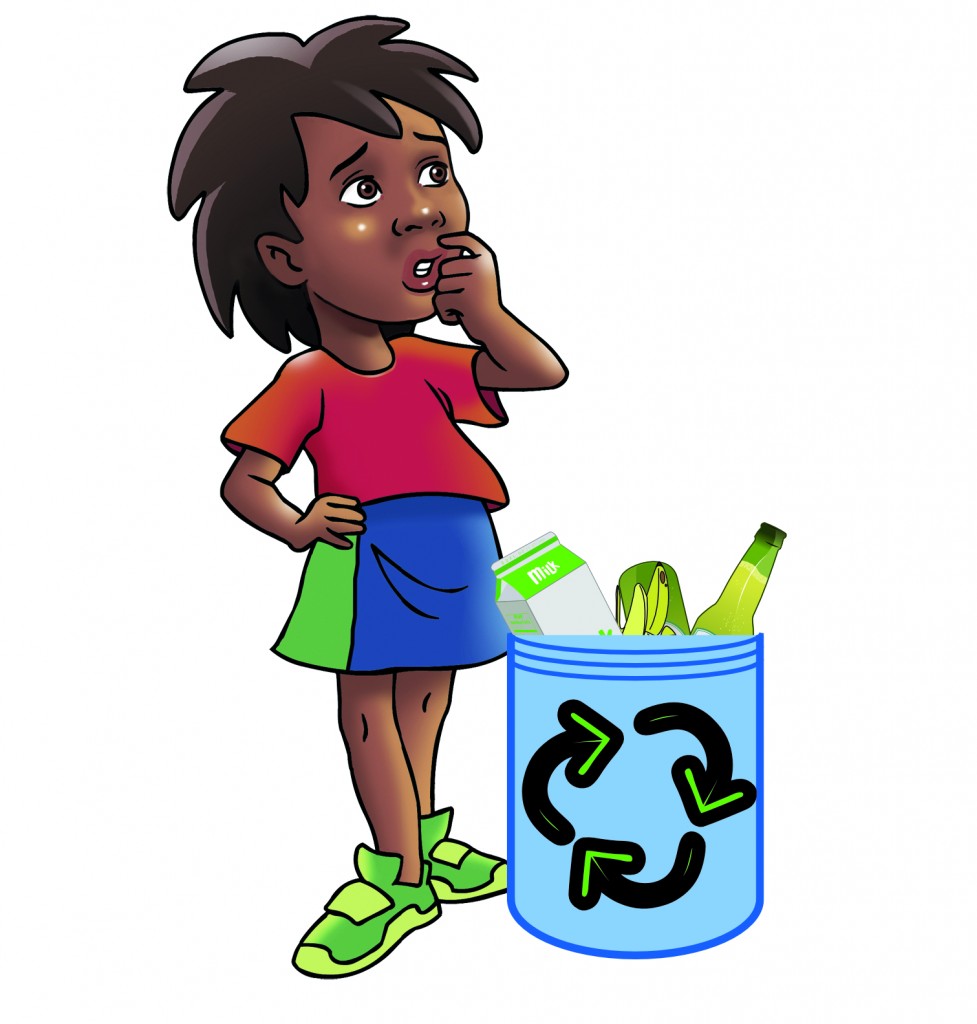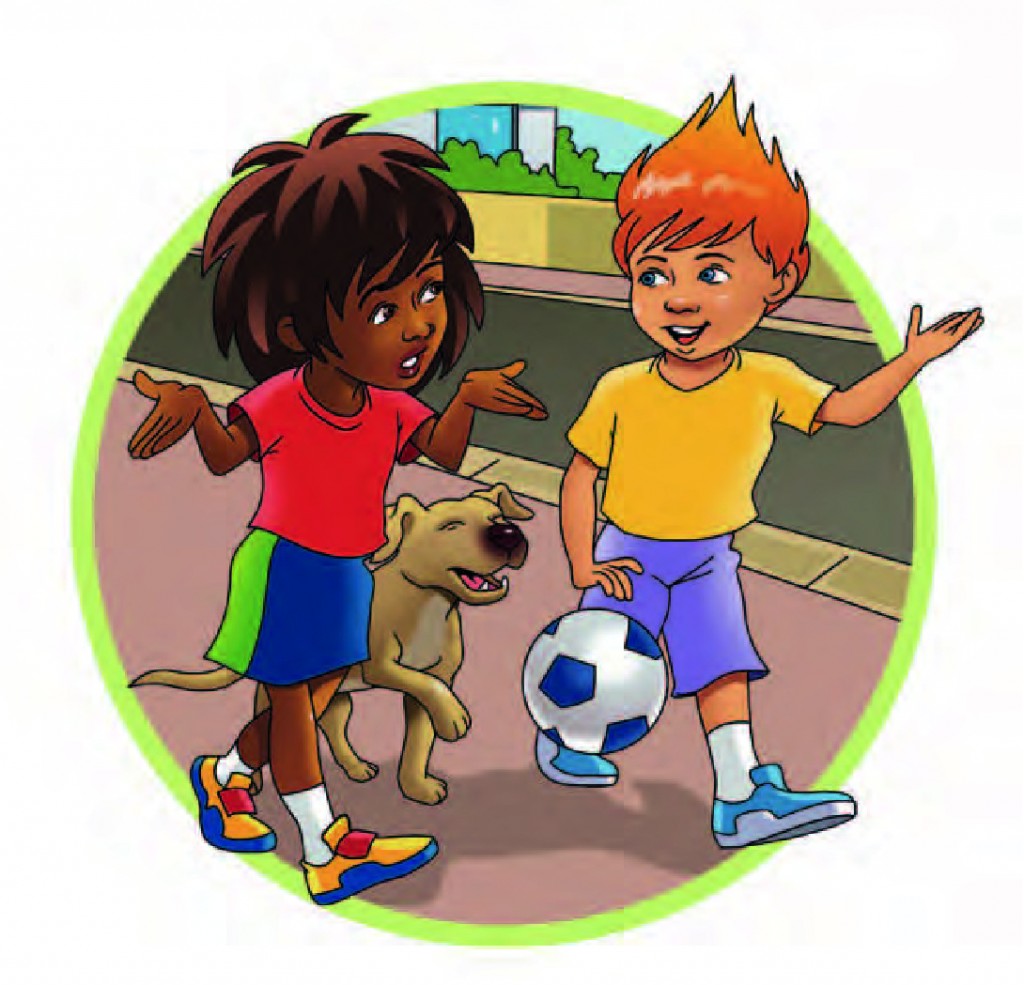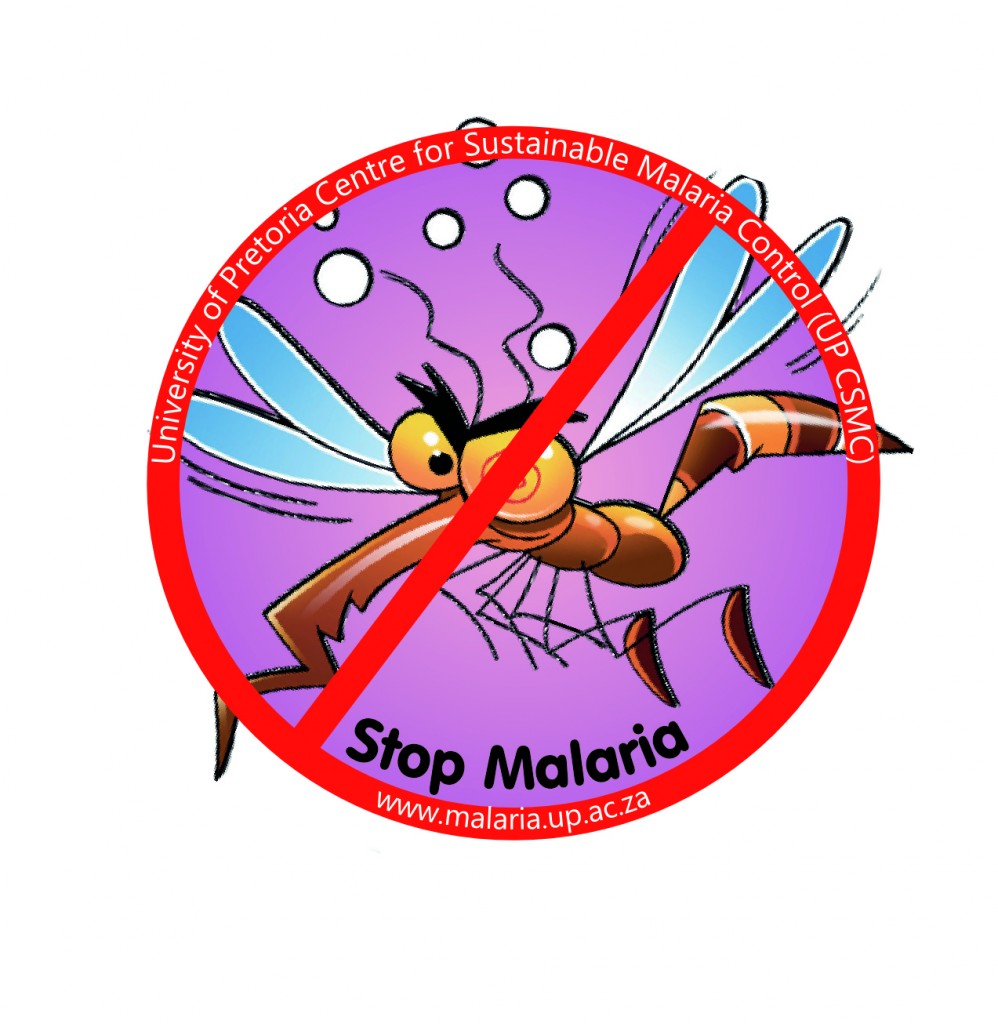The other day I had a bit of a crash whilst riding my bicycle round the garden! Thought mum would be very sympathetic but it turns out she wasn’t. She asked me how I crashed and I inadvertently admitted that I had not been concentrating properly. I’d seen a pretty bird fluttering around the place and was trying to check it out – did not see the hump in the garden, fell off and hurt my arm.
Instead of dishing me loads of love and tender words, mum yelled at me. She said imagine if I was riding in the road and got side-tracked – I could get hit by a car.
I wanted to tell her that I’d never do that – but it was a bit difficult when I had already done it – although luckily not in the road.
She threatened to stop me from riding to school on my bike. That gave me a big scare. I promised to be ultra-careful in future.
My arm was sore for quite a few days and I realised how we mostly take our body bits for granted. I had trouble doing all sorts of things that I never usually even notice that I am doing – turning switches on, opening doors, writing, sleeping (it was the side I usually lie on), carrying my backpack, even eating properly with a knife and fork was a challenge.
I tried not to show mum just how sore it was because I was worried that she might have a hissy fit all over again and really ban me from riding to school.
There are 206 bones in a human body – and any of them would hurt like crazy if you broke or cracked one. Well, actually we are born with about 270 bones but by the time we reach adulthood some have fused together and there are 206 left. The crazy thing is – more than half of these bones are in our hands (54) and feet (52).
Luckily I did not break anything – just bruised my arm and a bit of muscle or something.
Bodies are precious things – we should remember to take care of them, eat properly, exercise (and look where we are going) and get enough sleep.
You can read “Sibo Looks Right” – the road safety book – on the website (www.sibo.co.za) anytime you want to.
Stay safe!
Sibo












